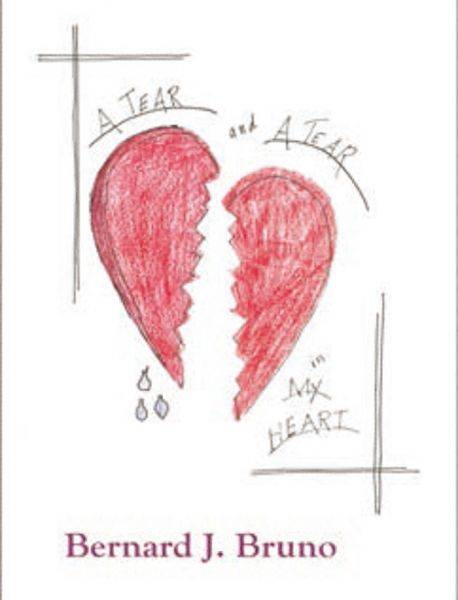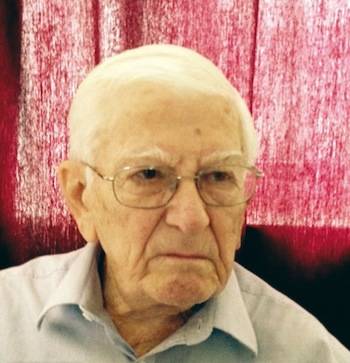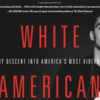Two Sides of theSame Coin
These real-life stories are set in Melrose Park, Illinois, but the location could be Anywhere, USA. Bruno’s observations on his over ninety years of life there, from childhood through his retirement, cover a range of public and private experiences that brings out the best and worst of our common humanity.
Stories of hoi polloi
From his early days as a young lawyer whose clients included some of the most notorious
gangsters of our times, to his legal encounters with the Melrose hoi polloi of the 1940s through the 1990s, Bruno reveals his role in such feats as uncovering and breaking the illegal baker’s union that once put stamps on loaves of bread, standing up to Bobby Kennedy’s bullying of innocent people, and the many ways in which he assisted those who needed protection by and from the law.
Throughout it all he maintains a distance from his subjects that brings out an uncommon authority hard to achieve when writing memoirs. Bruno’s experiences and sharp insights into Chicago life attracted Robert DeNiro who has consulted him for his next film.
Though some of his stories might be familiar to those who live in the localities of which he writes, most never knew as much as Barney, and so he fills important background gaps that enrich the stories, enlightening us with new ways of seeing old experiences. Here we have not only the realizations of the mythical American dream, but also the failures behind the successes, something that has been missing in traditional histories, especially of Italian America.
Bruno explores the lives of working-class people as they come into contact with uses and abuses of the rich and raw passions of those who longed to make a place for themselves and their families in the new land. His take on the evolution of organized crime in Chicago, “In Da ‘Heyday,’” is a simple and sober retelling of the facts behind the mythic “Outfit,” and works quite well when followed by “From Italian to American,” “Guts Sans Glory,” and a number of tales of Villa Scalabrini (originally a home for aging Italians) to reveal a wider range of heroic behavior than we normally get from such stories.
Pain and compassion
Take these stories for what they are, one man’s attempt to mark the time he has spent living in a Chicago suburb as a lawyer for the poor and the powerful; through it all he remained calm and stable, and he tells it all with the peace that comes with a long life.
He has been the eye in the middle of a strong storm, a witness to the power of nature and to the will of humans to survive all that they face. He calls this collection A Tear and a Tear in the Heart, reminding us that pain and compassion are two sides of the same coin we call life.
*This is interview is also available as a video
Watch it on i-ItalyTV >>>






































i-Italy
Facebook
Google+
This work may not be reproduced, in whole or in part, without prior written permission.
Questo lavoro non può essere riprodotto, in tutto o in parte, senza permesso scritto.